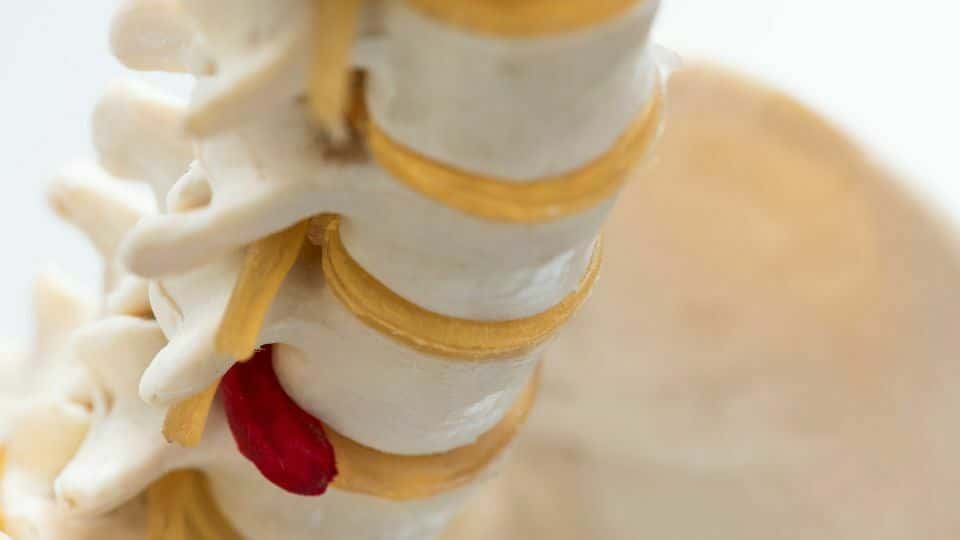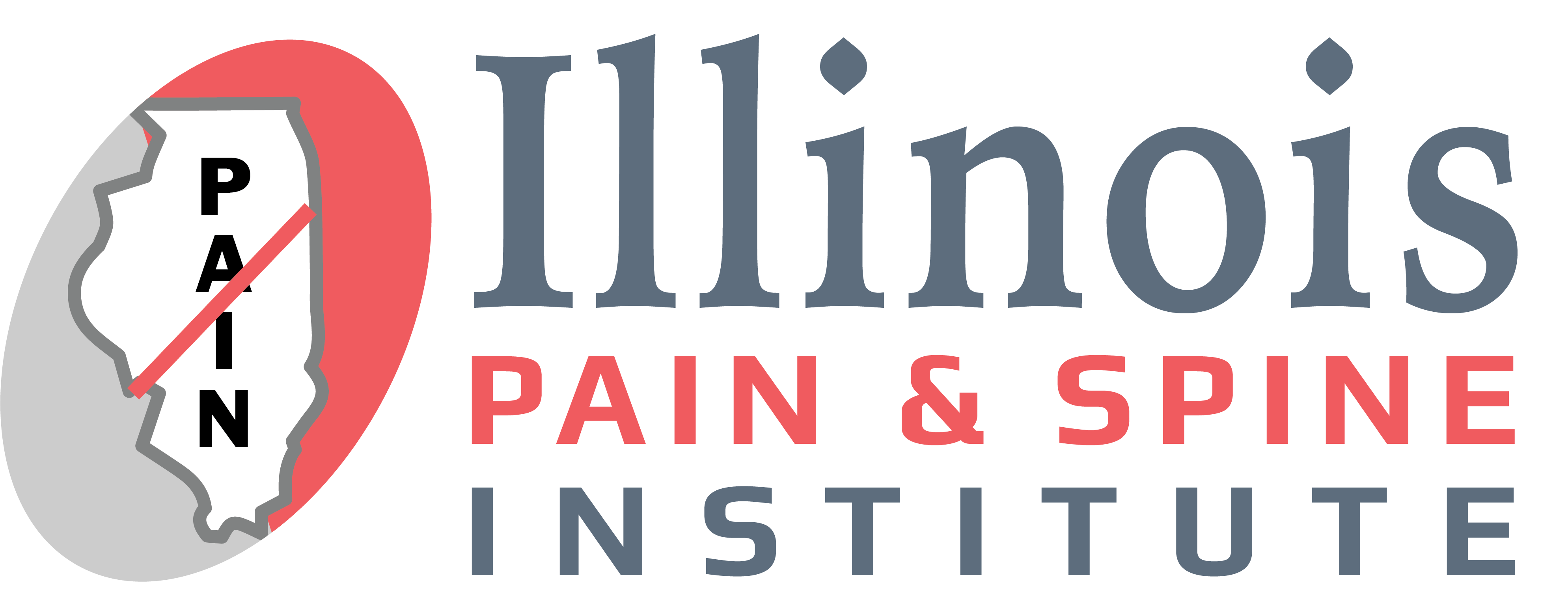
06 Sep How Long Does a Herniated Disc Take to Heal? A Look at the Recovery Timeline
A herniated disc can be a severe injury. It happens when the jelly-like center of a disc ruptures through a tear in the tough outer layer. This can pressure the nerves and cause pain, numbness, or weakness in your back, legs, or arms.
Some common symptoms of a herniated disc are:
- An aching or burning sensation in your back, legs, or arms
- Numbness or tingling in your extremities
- Weakness in your muscles
- A feeling of “electric shocks” down your spine or extremities
Read more: Can You Self-Diagnose a Herniated Disc?
If you suffer from any of these symptoms, you must see a doctor immediately. They will diagnose your condition and develop a treatment plan that is best for you.
In most cases, a herniated disc will heal on its own with time and conservative treatment methods such as rest, ice, heat, and over-the-counter pain medication. However, some people may need further treatment from a doctor or physical therapist.
If you’re thinking about how long it will take for your herniated disc to heal, the answer is that it depends on a few factors. These include:
1) The Size and Location of the Herniated Disc
The spinal disc is a rubbery cushion that sits between your spine’s vertebrae or bones. A herniated disc occurs when this cushion is ruptured, and the inner gel leaks out.
The size of the herniated disc can range from small to large and can be located in any area of the spine. However, herniated discs are most common in the lower back and neck.
The location of the herniated disc will also affect your recovery timeline. For example, a herniated disc in the lower back is likely to heal faster than a herniated disc in the neck.
This is because the discs in the lower back have a better blood supply than the discs in the neck. The lower back discs can heal faster and with less pain.
2) How Long You Have Been Suffering From Symptoms
Severe symptoms like losing motor control or sensation usually indicate a longer healing time. If your bulging disc is causing severe pain, you may want to seek professional help immediately.
On the other hand, if your symptoms are milder and more manageable, your herniated disc will likely take less time to heal. Many find that their herniated disc heals within a few weeks or months.
3) Your Age
People around 40 are more likely to develop a herniated disc. This is because the discs in your spine begin to degenerate as you age. However, this doesn’t mean that younger people can’t develop a herniated disc. Anybody can if they experience a sudden, traumatic injury or put too much strain on their back.
The older you are, the longer it will take for your herniated disc to heal. This is because the discs in your spine degenerate as you age.
4) The Type Of Treatment You Receive
Some ways to treat a slipped disc are:
- Physiotherapy
- Chiropractic care
- Acupuncture
- Massage therapy
- Exercise
Finding a physical therapist you trust and feel comfortable with is essential if you want to go the natural route. It is also essential to be consistent with your treatments.
Contact Illinois Pain and Spine Institute for herniated disc treatment in Chicago. Our doctors will develop a personalized treatment plan for your disc herniation.

